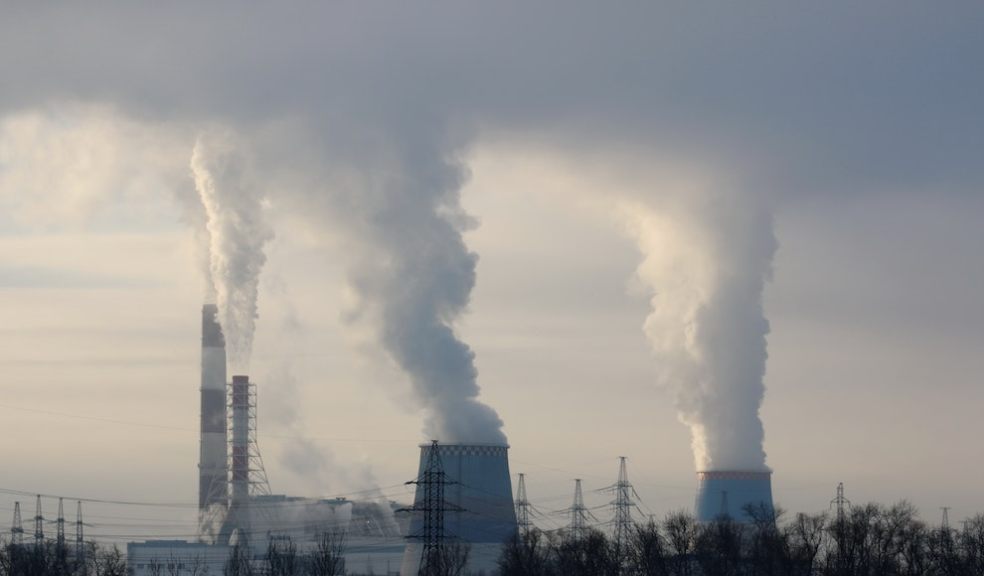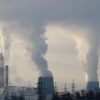
Is Climate Change Being Ignored?
While we’ve seen the government and public authorities take a clear stance of climate change of late, there remain concerns that the issue isn’t been taken anywhere near as seriously as it should be.
To provide some context, the earth’s temperature has risen by 0.14 degrees Fahrenheit per decade since 1880, but the rate of warming since 1981 is more than twice this rate (0.32 degrees Fahrenheit) per decade.
But what has the government done so far to tackle climate change, and are news agencies doing enough to report climate change issues accurately? Let’s find out!
What Have Governments and Businesses Done so Far?
Arguably, the global COP26 gathering in Glasgow suggests that the government has finally begun to take the issue of climate change seriously of late, but the global battle to safeguard our natural environment is far from being won.
This is why the COP26 President and minister Alok Sharma broke down in tears at the end of the conference, as a late amendment to the use of coal was added to the Glasgow Climate Pact by India.
However, more than half of the UK’s largest businesses have committed to eliminate their contribution to carbon emissions by the year 2050, as part of the government’s wider ‘Net Zero’ initiative.
This will require significant collaboration with ESG lawyers, of course, with these commercial entities representing a total market capital of over £1.2 trillion and cumulative annual turnover of around £700 billion.
These milestone pledges have trebled in the past 10 months, creating a scenario where UK firms (under the guise of the government) are leading the world’s transition to a low carbon economy.
How is Technology Helping the Fight – And How News Channels Could Do More
The climate crisis is being triggered by the rising average temperate of the earth, which most scientists agree is caused by man-made emissions of greenhouse gases (which have increased since the Industrial Revolution).
CO2 is considered to be the most damaging such gas, and one that various innovations have sought to capture, utilise and store as a way of reducing emissions.
The most prominent carbon capture project is the ‘Net Zero Teesside’ initiative, which aims to collect the CO2 produced in industrial processes and power plants, before transporting these by pipelines to offshore storage sites.
The initiative (like many of its type) has received numerous government subsidies, while its ultimate objective is to reduce carbon emissions in several carbon-intensive industries in the Northeast to zero by 2030.
While such technologies are crucial in the fight against climate change, the current quality of media reporting on the issue is actually proving problematic.
This is due to the age-old concept of “bothsideism”, which describes a scenario where journalists (who are often bound to be impartial) are compelled to present both sides of an issue equally even if one particularly argument has most credible sources.
This was an issue during coverage the pandemic and Brexit, while it has begun to affect climate change by presenting scepticism as though it is simply the other side of a single coin.
In fact, this type of false balance reporting often equates fact and opinion, while undermining the impact of climate change and presenting it as debatable and unsettled issue.
This is far from the case, however, with more than 99% of scientific studies into climate change agreeing on its causes and the dangers that it poses to societies. Newsrooms would do well to report this more accurately, especially if we’re to respond to the problem in an appropriate manner.



















